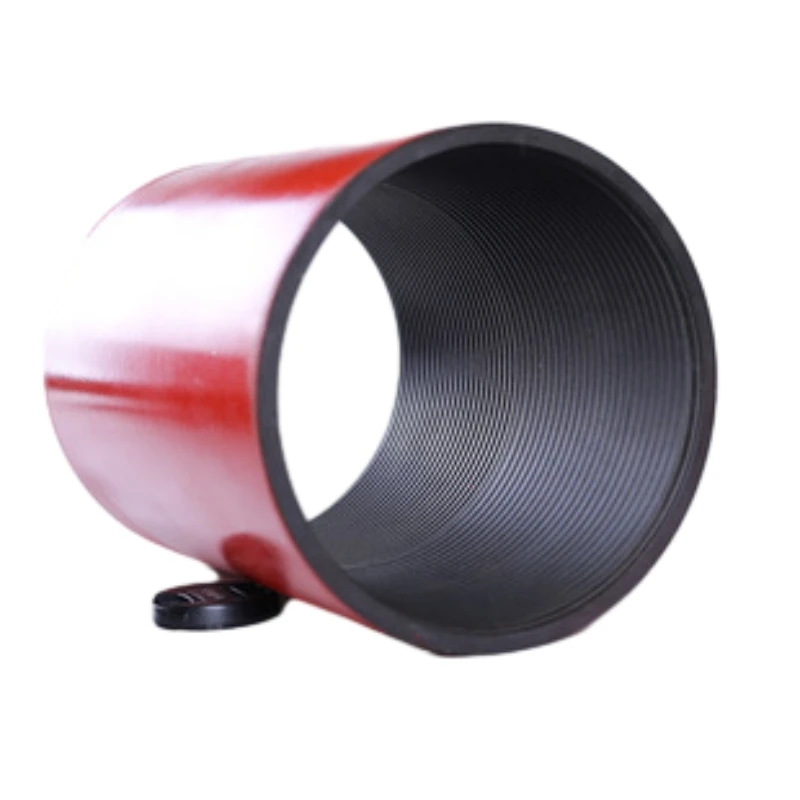- Afrikaans
- Albanian
- Amharic
- Arabic
- Armenian
- Azerbaijani
- Basque
- Belarusian
- Bengali
- Bosnian
- Bulgarian
- Catalan
- Cebuano
- Corsican
- Croatian
- Czech
- Danish
- Dutch
- English
- Esperanto
- Estonian
- Finnish
- French
- Frisian
- Galician
- Georgian
- German
- Greek
- Gujarati
- Haitian Creole
- hausa
- hawaiian
- Hebrew
- Hindi
- Miao
- Hungarian
- Icelandic
- igbo
- Indonesian
- irish
- Italian
- Japanese
- Javanese
- Kannada
- kazakh
- Khmer
- Rwandese
- Korean
- Kurdish
- Kyrgyz
- Lao
- Latin
- Latvian
- Lithuanian
- Luxembourgish
- Macedonian
- Malgashi
- Malay
- Malayalam
- Maltese
- Maori
- Marathi
- Mongolian
- Myanmar
- Nepali
- Norwegian
- Norwegian
- Occitan
- Pashto
- Persian
- Polish
- Portuguese
- Punjabi
- Romanian
- Russian
- Samoan
- Scottish Gaelic
- Serbian
- Sesotho
- Shona
- Sindhi
- Sinhala
- Slovak
- Slovenian
- Somali
- Spanish
- Sundanese
- Swahili
- Swedish
- Tagalog
- Tajik
- Tamil
- Tatar
- Telugu
- Thai
- Turkish
- Turkmen
- Ukrainian
- Urdu
- Uighur
- Uzbek
- Vietnamese
- Welsh
- Bantu
- Yiddish
- Yoruba
- Zulu
Exploring the Fundamentals of API 5CT Coupling and Its Applications in Oil and Gas
Understanding API 5CT Coupling Key Components in Oil and Gas Industry
In the oil and gas industry, drilling and exploration activities rely heavily on a variety of components, and one of the most critical is the coupling used in casing and tubing. The American Petroleum Institute (API) has established standards to ensure safety and efficiency, with API 5CT being a critical specification that governs the requirements for steel pipes used in these operations.
What is API 5CT?
API 5CT is a specification that outlines the technical and safety requirements for steel casing and tubing used in the oil and gas industry. It covers various steel grades and their respective mechanical properties, sizes, and heat treatment processes. One of the primary purposes of this standard is to ensure that oil and gas operators receive high-quality pipes that can withstand the harsh conditions encountered during drilling operations.
The Role of Coupling in Oilfield Operations
Couplings are essential components that connect sections of casing or tubing, allowing for the seamless transfer of oil, gas, and other fluids from the wellbore to the surface. The design of these couplings must ensure a tight seal to prevent leakages, which can lead to significant safety hazards and financial losses. API 5CT couplings are specifically designed to meet stringent mechanical and chemical properties, ensuring robust connections that can withstand high pressures and corrosive environments.
Types of API 5CT Couplings
API 5CT defines several types of couplings, including those used in different grades of casing and tubing. Commonly encountered types include
api 5ct coupling

1. Threaded Couplings These feature precision-cut threads that allow the casing pipes to be screwed together. The threaded design ensures a strong and tight seal, making them suitable for various drilling environments.
2. Welded Couplings In some cases, welded couplings may be used, where sections of pipes are joined together by welding. This method provides a permanent connection that can enhance the strength of the overall structure.
3. Flanged Couplings Used primarily for surface installations, flanged couplings allow for easy connections and disconnections of pipe sections, facilitating maintenance and repairs.
Importance of Compliance with API Standards
Compliance with API 5CT standards is crucial for both safety and operational efficiency. Non-compliance can lead to equipment failure, environmental hazards, and costly delays. By adhering to these specifications, companies can ensure that their equipment meets industry standards for safety and performance.
Conclusion
In summary, API 5CT couplings play an indispensable role in the oil and gas industry, providing robust connections necessary for efficient drilling and extraction operations. Understanding the specifications and types of couplings outlined in API 5CT is vital for industry professionals to enhance safety, reliability, and efficiency in their operations. As technology evolves, the continuous refinement of these standards will only further improve the integrity of oilfield operations, ensuring safe and responsible resource extraction.
-
Tubing Pup Joints: Essential Components for Oil and Gas OperationsNewsJul.10,2025
-
Pup Joints: Essential Components for Reliable Drilling OperationsNewsJul.10,2025
-
Pipe Couplings: Connecting Your World EfficientlyNewsJul.10,2025
-
Mastering Oilfield Operations with Quality Tubing and CasingNewsJul.10,2025
-
High-Quality Casing Couplings for Every NeedNewsJul.10,2025
-
Boost Your Drilling Efficiency with Premium Crossover Tools & Seating NipplesNewsJul.10,2025







